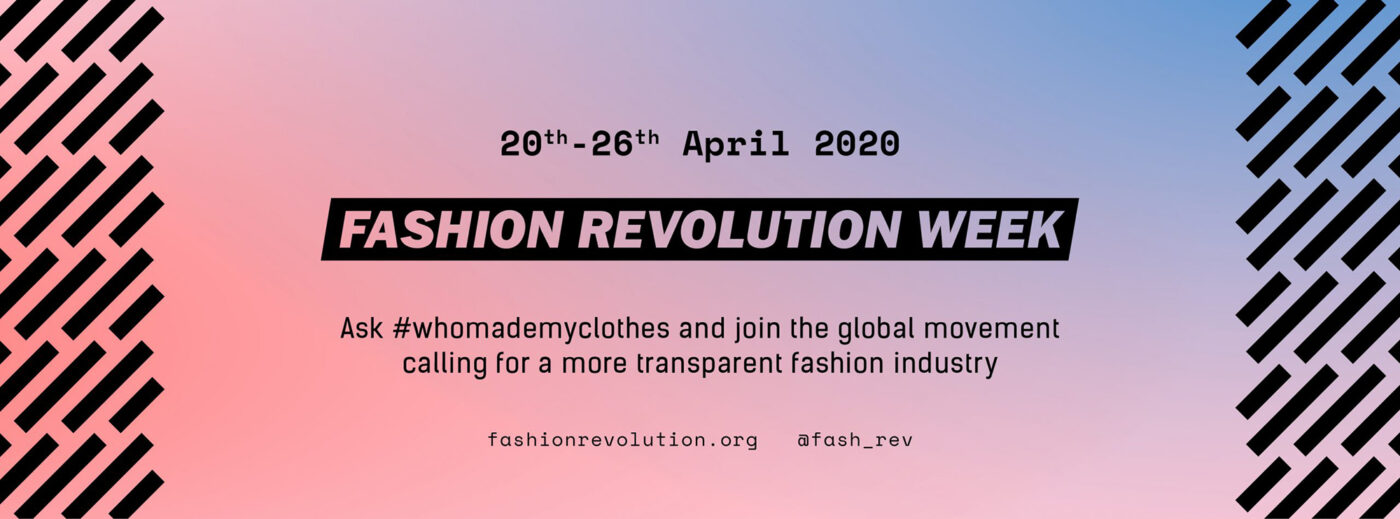Payment in 3x free of charge from 150€
Secure payments via 3D secure.
Payment in 3x free of charge from 150€
Secure payments via 3D secure.

This disaster has contributed to the emergence of awareness about the working conditions of the sector and a new vision has emerged: the slow fashion. The principle is to see the development of fashion brands that are committed and respectful of people and the environment, to change consumption patterns to favor quality over quantity. It is in this context that the Fashion Revolution organization created the Fashion Revolution Week, on the commemorative dates of the Rana Plaza disaster. The slow fashion comes in opposition to the fast fashion, which seduces for its trendy clothes, its often renewed collections and especially its low prices, whose social and environmental consequences are very negative.
This year, the event organization is calling on millions of consumers around the world to campaign for structural change in the textile industry. Problems related to fast fashion never concern a single person or company, and must be addressed collectively in order to put pressure on an entire system.
This is done for example by the excellent campaign set up by Fashion Revolution: #whomademyclothes. (translated in French by: qui a fabriqué mes vêtements?)<br><br>
With this question, consumers are encouraged to ask the question on their social networks (Facebook, Twitter, Instagram), where brands can answer with the hashtag #imadeyourclothes to show transparency throughout their supply chain.
As the photo below explains:
1/ Take a selfie with the label of your garment
2/ Follow the brand on social networks
3/ Post your photo on social networks with the message: “I want to thank the person who designed my garment, @nameofthebrand #whomademyclothes ?
4/ Nominate 3 friends, to invite them to do the same and contribute to make our message stronger.

As Lucy Siegle, a British journalist and writer on environmental issues, rightly says: “Fast fashion isn’t free, someone, somewhere is paying. (Fast fashion is not free, someone, somewhere is paying.)
So we need to realize that ethics and transparency come at a higher, but largely justified, price.
©Animoz Clothing 2020